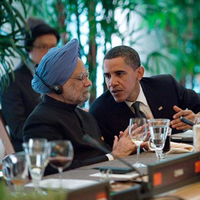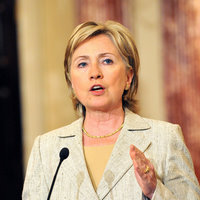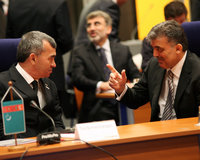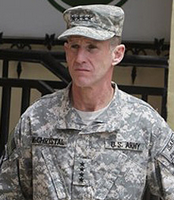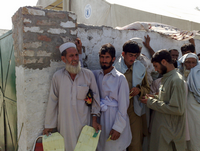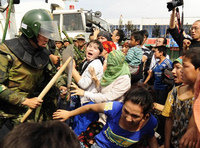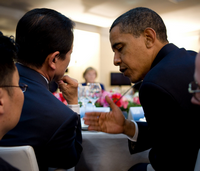
Since taking office in May 2008, Russian President Dmitry Medvedev has made improving ties among the former Soviet republics that form the Commonwealth of Independent States (CIS) a foreign policy priority. Nonetheless, recent weeks have yielded further signs of Moscow’s flailing leadership within the group. Only five of the 10 heads of state, invited personally by Medvedev, participated in the latest annual informal CIS summit, held on July 18. The centerpiece of the event, as in past years, was attendance at the annual President’s Cup horse race at Moscow’s Central Hippodrome. Humorists blamed the large number of no-shows on Medvedev’s […]

